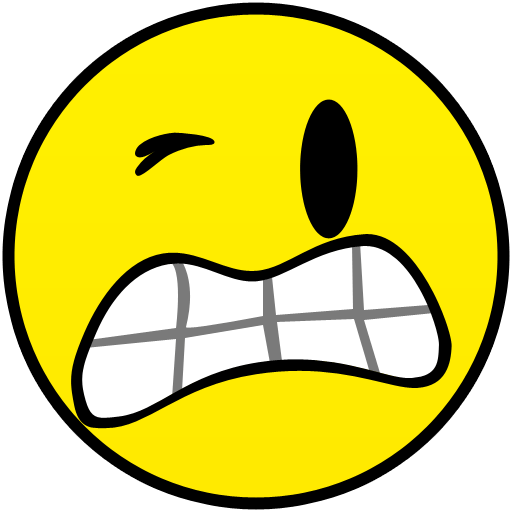

For a harmonica newbie, playing the instrument especially if practised for many hours a day, could bring some physical difficulties. In fact, starting to play harmonica means that your body would learn new movements and not always you know how to deal with them. There are two common issues; salivation management and cut lips. In this article I will give some suggestions to a beginner level harmonica player to avoid such problems (that would be the best) or at least fix them.
Let's begin with the foremost issue, quite frequent also. i.e. saliva control. During the first few months of harmonica practice, you will notice change in the amount of saliva which is either too much or too less. Please note: If saliva management is difficult for you only while playing it's ok, elsewise if you find trouble controlling it in daily life you should investigate, because that could be a symptom of another underlying condition.
For instance this may happen when we play the blues harp: in order to see how to fix this, we should know how saliva is produced in our mouth. Experiment it yourself following these steps: wide open your mouth, stay relaxed, keep your tongue up and don't let it touch anything, meanwhile try to produce saliva. Under normal conditions you won't be able to do it, but if you close your mouth and shape your lips like you want to kiss someone from a distance, try to touch your lower teeth with your tongue's tip and suck, you should be able to produce saliva. Saliva is produced when we eat, and chewing movements ease this process.
When you play harmonica you could find yourself emulating the chewing process, resulting in the production of saliva, which basically depends on these two factors: how do you shape your lips during the practice and where do you touch harmonica with your tongue. Generally, it’s better to keep your mouth’s muscles relaxed, especially those involved in the movement of your lips, and try not to push your lips way too forward. A common phenomenon equally experienced by my students and I is that, we tend to produce more saliva when puckering, in contrast with playing harmonica using the tongue blocking technique. With this technique, your tongue stays on the harmonica surface (not using the tip, but the close rupper part of it) which in turn leads to better saliva control.
Please be informed that when you have false teeth, dental implants or dental prosthesis, amount of saliva you produce can be different. Don’t be afraid! Work on your embouchure and keep your mouth’s muscles relaxed, you will slowly learn how to control your saliva and play harmonica even better.
The second issue a beginner harmonica player often experiences is the cut lips. Sometime this means bloody lips and real pain, especially in the corner of the mouth. What causes lie behind? First of all, in the beginning we all tend to put too much strength while playing, pushing the harmonica surface too hard against our mouth. How to avoid this situation? An expert player just keeps the instrument in position that engages less force using his/her index fingers to help harp slide on the mouth smoothly. The strength level you want to use while playing it should be minimum in order to assure a good airtight.
Another aspect we should consider regarding cut lips is what kind of harmonica we are using. Some instruments come with a relatively sharp surface, while others may have smooth. Experiment with different harp models, personally I find Hohner special 20, Seydel 1847 classic, and Suzuki harpmaster very comfortable, just find the one that fits your style better.
The last thing you should take care when facing this lips issue, is to avoid moving your harp from the corner of your mouth. Sometimes beginner harmonica players get obsessed with cupping the instrument and put it in strange positions. The harmonica should stay in front of your mouth for most of the time as you are playing the blues harp, not smoking a pipe :)
Read also the article about Cold sores and Dry mouth symptom.